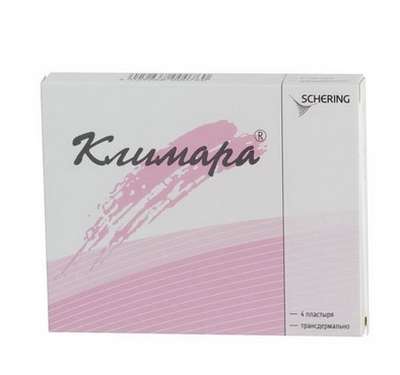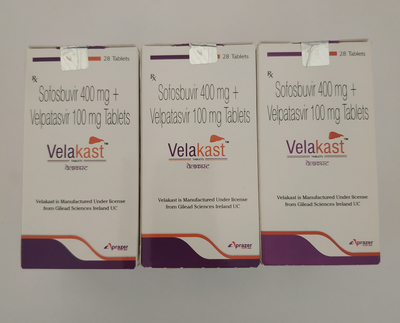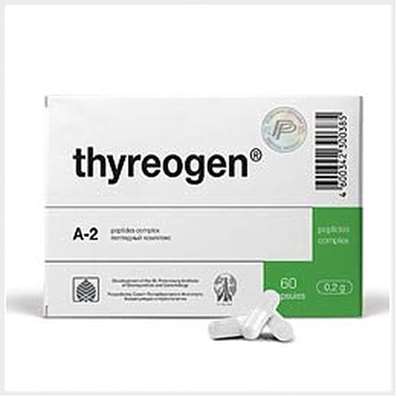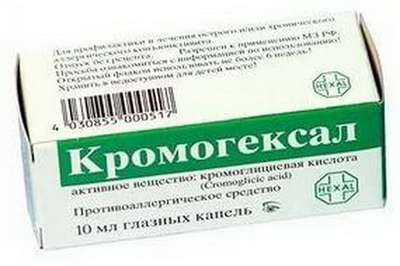Instruction for use: Pergolide
I want this, give me price
The Latin name of the substance Pergolide
Pergolidum (genus. Pergolidi)
Chemical name
(8beta) -8 - [(Methylthio) methyl] -6-propylergoline (and as a mesylate)
Gross Formula
C19H26N2S
Pharmacological groups:
Dopaminomimetics
Anti-Parkinsonics
The nosological classification (ICD-10)
G20 Parkinson's disease: A trembling paralysis; Idiopathic Parkinsonism; Parkinson's disease; Symptomatic Parkinsonism
CAS Code
66104-22-1
Pharmacology
The pharmacological action is antiparkinsonian.
Ergoline agonist dopamine receptors. Stimulates postsynaptic dopamine receptors (D1 and D2) of the nigrostriral system of the brain. Suppresses the secretion of prolactin, causes a transient increase in the concentration of growth hormone in the serum (in patients with acromegaly - a decrease), reduces the level of luteinizing hormone in the blood.
Well absorbed from the digestive tract, binds to blood proteins by 90%. Metabolized with the formation of at least 10 metabolites, incl. Pergolide sulfoxide and pergolide sulfone (exhibit agonistic activity in animal tests), as well as N-despropyl pergolide. It is excreted mainly by the kidneys.
In a bi-annual pergolide carcinogenicity study, when mice were administered with food (doses 340 times greater than MPDT) and rats (at doses 12 times greater than MPDH), cases of uterine tumors were recorded (in mice - endometrial sarcoma, in rats - adenoma And myometrium carcinoma), probably due to a high estrogen / progesterone ratio, which in rodents is the result of prolagonin inhibiting action of pergolide.
Evaluation of potential mutagenicity using a series of in vitro and in vivo tests revealed a weak mutagenic activity in the analysis of point mutations after metabolic activation of rat liver microsomes. When doses of 0.6 and 1.7 mg / kg / day were administered to male and female mice, it had no effect on fertility. However, when the dose was increased to 5.6 mg / kg / day, fertility was lowered (possibly due to a decrease in the serum prolactin content necessary to maintain a certain level of progesterone providing normal implantation in mice). In mice and rabbits at doses exceeding the MPD at 375 and 133 times, respectively, there was no adverse effect on the fetus.
Adequate and well-controlled studies on use during pregnancy in humans have not been conducted. However, there is evidence that women who received pergolide in violation of endocrine status, 33 pregnancies culminated in the birth of healthy children, and 6 pregnancies were accompanied by the formation of congenital malformations of the fetus, including. 3 heavy.
Application of substance Pergolide
Parkinson's disease (as an adjunct to the treatment of levodopa / carbidopa).
Contraindications
Hypersensitivity (including to other ergot derivatives).
Restrictions on the use
Pleurisy, pleural fibrosis, pericarditis, pleural or pericardial effusion, retroperitoneal fibrosis in history, pregnancy, breast-feeding, children's age (safety and efficacy in children not defined).
Application in pregnancy and lactation
Perhaps, if the expected effect of therapy exceeds the potential risk to the fetus. At the time of treatment, breastfeeding should be discontinued (the ability to excrete into breast milk has not been studied and, in addition, there is a risk of lactation).
Side effects of substance Pergolide
From the nervous system and sensory organs: dyskinesia, dystonia, asthenia, dizziness, headache, hallucinations, confusion, drowsiness or insomnia, nightmares, anxiety, tremor, depression, personality change, psychosis, gait disturbance and / or coordination of movements, Akathisia, extrapyramidal syndrome, paresthesia, akinesia, neuralgia, speech disorders, visual impairment, incl. Diplopia, taste disorders.
From the cardiovascular system and blood (hematopoiesis, hemostasis): orthostatic hypotension, vasodilation, lowering blood pressure, hypertension, fainting, palpitations, arrhythmia, myocardial infarction, pericarditis, pericardial effusion, anemia.
On the part of the respiratory system: rhinitis, epistaxis, pharyngitis, coughing, dyspnea, pleurisy, pleural effusion, pleural fibrosis.
On the part of the intestine: nausea, vomiting, dry mouth, indigestion, constipation or diarrhea, anorexia.
On the part of the genitourinary system: increased frequency of urination, urinary tract infections, hematuria, dysmenorrhea.
From the musculoskeletal system: arthralgia, bursitis, myalgia, increased muscle tone, convulsive twitching.
Other: pain syndrome (pain in the chest, in the neck, abdominal pain, back pain, etc.), flu-like syndrome, swelling, incl. Peripheral, swelling of the face; Sweating, raising or lowering body weight, retroperitoneal fibrosis, skin rash.
Interaction
Enhances the effects of levodopa, incl. Collateral (hallucinations, confusion, dyskinesia). Dopamine antagonists, incl. Neuroleptics (phenothiazines, butyrophenones, thioxanthenes) and metoclopramide reduce efficacy.
Overdose
Symptoms: nausea, vomiting, lowering of blood pressure, convulsions, CNS excitation.
Treatment: the use of activated charcoal (instead of or after washing the stomach); Normalization of blood pressure, maintenance of heart function, incl. Use of antiarrhythmics; When CNS is excited - the appointment of neuroleptics (from the phenothiazine or butyrophenone group); It is necessary to monitor the function of breathing, ensure adequate ventilation of the lungs, maintain a normal level of gases and electrolytes of blood.
Routes of administration
Inside.
Precautions for the substance Pergolide
Use with caution in the presence of an anamnesis indicating pleurisy, pleural effusion, pleural fibrosis, pericarditis, pericardial effusion, retroperitoneal fibrosis and other types of similar pathology (this category of patients should be under careful clinical observation, including radiographic and laboratory studies). Caution is needed in patients with arrhythmias.
In connection with the likely (especially at the beginning of therapy) hypotension, it is recommended to start treatment with small doses and gradually increase them. The dose of levodopa / carbidopa administered simultaneously can be reduced (up to an average daily dose of levodopa - 650 mg).
The abolition of pergolide, lowering of the dose or changing the treatment regimen should be carried out gradually (possibly the development of malignant neuroleptic syndrome).

 Cart
Cart





